AWARD WINNING RESEARCH RESULTS PUBLISHED IN SCIENTIFIC JOURNAL
Dolphin Quest Oahu (DQO) was recognized this September with the prestigious Research Advancements Award at the 2014 International Marine Animal Trainer’s Association (IMATA) annual conference. Results from the study were also published in The Journal of Experimental Biology.
During the IMATA conference, DQO Manager of Marine Animals, Julie Rocho-Levine, and Andreas Fahlman, a researcher with Texas A&M University-Corpus Christi, shared the advancements made possible when renowned researchers collaborate with expert animal behaviorists within the marine mammal community.
Fahlman, along with researchers from the MIT-Woods Hole Oceanographic Institute partnered with DQO to develop non-invasive methods for estimating wild marine mammals’ metabolic rate and lung mechanics under normal and stressed conditions. The data collected from DQO’s animals provided insights into how marine mammals manage oxygen, carbon dioxide and nitrogen in various scenarios including when the animals are wearing electronic data logging tags.
Marine mammal researchers often use temporary data logging suction tags to study wild dolphins. Before this study, it was not known how the drag created by these tags affected the animals. The results published in The Journal of Experimental Biology revealed that dolphins actually slow their movements down instead of speeding up to compensate for the added drag created by the data logging tag.
Conducting this study in the wild would be impossible, due to the need for a controlled environment. The Dolphin Quest animal trainers spent months teaching the animals specific behaviors, and then building on those behaviors to approximate everything that the dolphins will see, feel and experience during the research sessions.
This article published in Discover Magazine provides a great overview of the scientific results detailed in The Journal of Experimental Biology.
Advancing marine mammal research serves as a cornerstone of Dolphin Quest’s ongoing commitment to global stewardship. Since opening in 1988, Dolphin Quest has proudly contributed more than $3 million in funding, resources and field support to vital marine research projects.
